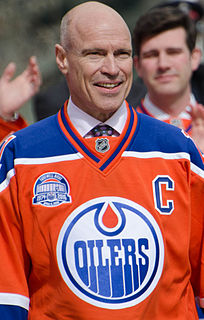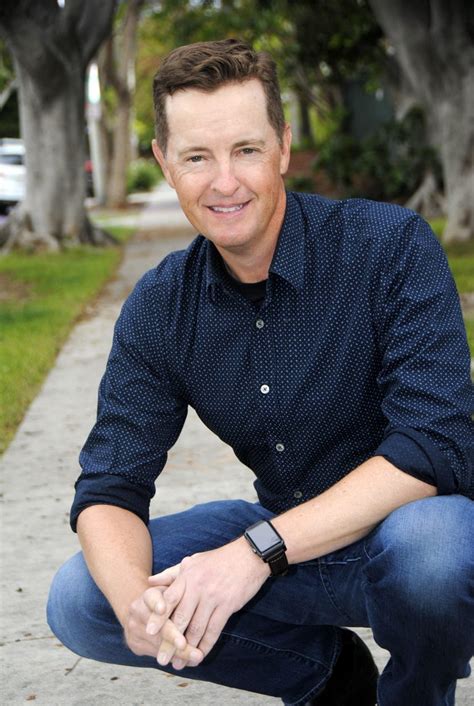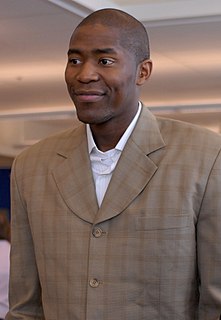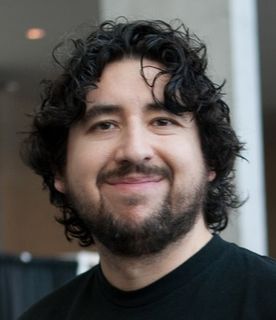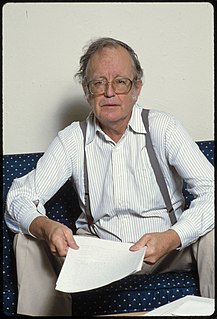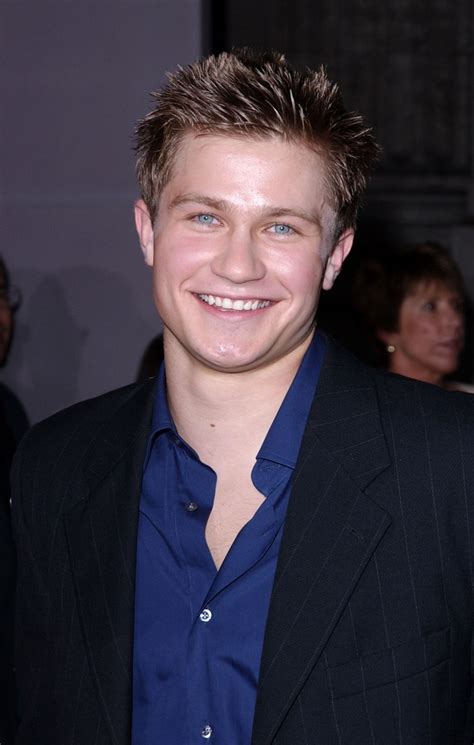A Quote by William Klein
For my first book, 'New York,' I had one camera and two lenses. It was fotografia povera.
Related Quotes
I would stay two years in San Francisco, then move to New York in the summer of 1991, for the love of a man who lived there. When I arrived in New York, I had a job waiting for me, courtesy of a bookstore I'd worked at in San Francisco, A Different Light. They had a New York store as well, and arranged an employee transfer.
You know, my first nine years I only played for two teams, Chicago and New York. And the only reason I got traded from New York was the 2010 free agency period, when they had a chance to sign LeBron and D-Wade and that whole class, and I understood that. But from there it's kind of been a roller coaster.
I decided to be a filmmaker between my sophomore and junior years at Morehouse. Before I left for the summer of 1977, my advisor told me I really had to declare a major when I came back, because I'd used all my electives in my first two years. I went back to New York and I couldn't find a job. There were none to be had. And that previous Christmas someone gave me a Super-8 camera, so I just started to shoot stuff.
Everything I learned and didn't do in New York I would put into place here in the London West Hollywood. It's fascinating, when you look at the critics' reviews, and we had a great one in the New York Observer and all that, and then the New York Times came and it was a devastation; two stars out of four. They said that I played safe because it wasn't fireworks. Then they judged the persona over the substance that was on the plate.
There are roughly three New Yorks. There is, first, the New York of the man or woman who was born here, who takes the city for granted and accepts its size and its turbulence as natural and inevitable. Second, there is the New York of the commuter — the city that is devoured by locusts each day and spat out each night. Third, there is the New York of the person who was born somewhere else and came to New York in quest of something.
Carolyn Maloney identifies with the possibility of being raped, that's why she hung in there for the Debbie Smith Bill. So it - it's essential that in New York, if we can't get a prominent woman in New York, where can we? I mean there's so many states that have never even had a woman senator. We're still on our first this and our first that.

